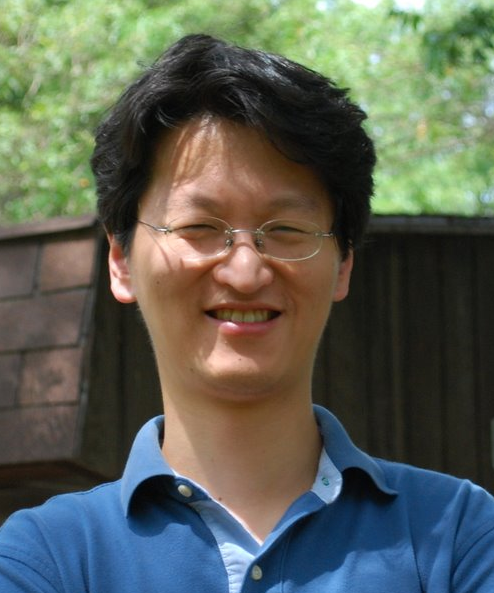Oak Ridge National Laboratory
Dr. Seung-Hwan Lim is a research scientist at Oak Ridge National Laboratory working in the Computational Data Analytics Group. He earned a Ph.D. in Computer Science and Engineering from The Pennsylvania State University where he studied data analysis in parallel and distributed systems. He also holds a B.S. in Computer Engineering from Seoul National University. His current research involves applying machine learning to large scale datasets with a focus on deep learning and graph analysis methods.
lims1 "at" ornl.gov

University of Tennessee, Knoxville
Catherine (Katie) Schuman is an Assistant Professor in the Department of Electrical Engineering and Computer Science at the University of Tennessee (UT). She received her Ph.D. in Computer Science from UT in 2015, where she completed her dissertation on the use of evolutionary algorithms to train spiking neural networks for neuromorphic systems. Katie previously served as a research scientist at Oak Ridge National Laboratory, where her research focused on algorithms and applications of neuromorphic systems. Katie co-leads the TENNLab Neuromorphic Computing Research Group at UT. She has over 100 publications as well as seven patents in the field of neuromorphic computing. She received the Department of Energy Early Career Award in 2019.
cschuman "at" utk.edu

Georgia Institute of Technology
Richard (Rich) Vuduc is an Associate Professor at the Georgia Institute of Technology (“Georgia Tech”), in the School of Computational Science and Engineering, a department devoted to the study of computer-based modeling and simulation of natural and engineered systems. His research lab, The HPC Garage (@hpcgarage), is interested in high-performance computing, with an emphasis on algorithms, performance analysis, and performance engineering. He is a recipient of a DARPA Computer Science Study Groupgrant; an NSF CAREER award; a collaborative Gordon Bell Prize in 2010; Lockheed-Martin Aeronautics Company Dean’s Award for Teaching Excellence (2013); and Best Paper Awards at the SIAM Conference on Data Mining (SDM, 2012) and the IEEE Parallel and Distributed Processing Symposium (IPDPS, 2015), among others. He has also served as his department’s Associate Chair and Director of its graduate programs. External to Georgia Tech, he currently serves as Chair of the SIAM Activity Group on Supercomputing (2018-2020); co-chaired the Technical Papers Program of the “Supercomputing” (SC) Conference in 2016; and serves as an associate editor of both the International Journal of High-Performance Computing Applications and IEEE Transactions on Parallel and Distributed Systems. He received his Ph.D. in Computer Science from the University of California, Berkeley, and was a postdoctoral scholar in the Center for Advanced Scientific Computing the Lawrence Livermore National Laboratory.
richie "at" cc.gatech.edu

IBM Research
José E. Moreira is a Distinguished Research Staff Member at the IBM Thomas J. Watson Research Center. He received a B.S. degree in physics and B.S. and M.S. degrees in electrical engineering from the University of S\~ao Paulo. He received a Ph.D. degree in electrical engineering from the University of Illinois at Urbana-Champaign. Since joining IBM in 1995, Dr. Moreira has worked on a variety of high-performance systems, including two ASCI systems (Blue Pacific and White) and the Blue Gene/L supercomputer, for which he was the System Software architect. Dr. Moreira has been responsible for various architectural and micro-architectural innovations in the three most recent generations of POWER processors. He conceived the POWER10 matrix unit, the first of its kind in a commercial processor. Dr. Moreira is a Fellow of the IEEE (Institute of Electrical and Electronics Engineers) and a Distinguished Scientist of the ACM (Association for Computing Machinery).
jmoreira "at" us.ibm.com
